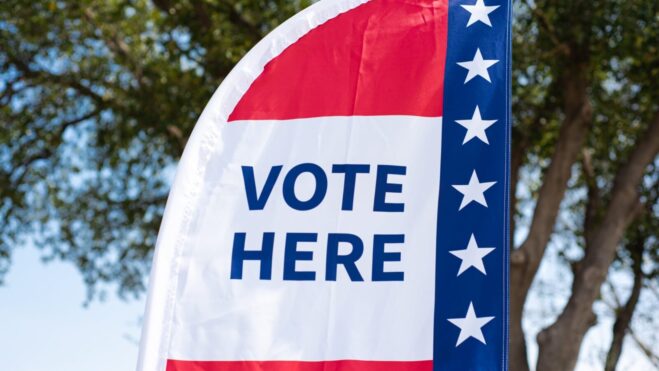New Jersey Proposes Mandatory Responsible Online Gambling Standards
Days of ‘best practices’ may be over in state, replaced with definitive steps operators must take
1 min

New Jersey regulators are seeking to put an end to the patchwork approach to responsible gambling in the online casino and sportsbook world, introducing a set of draft rules that would take what’s long been voluntary and make it mandatory: clear thresholds, automatic flags, and required interventions when players show signs of problem gambling.
The Division of Gaming Enforcement (DGE) rolled out the proposal this week. Under the plan, operators would have to automatically review accounts that trip certain triggers, such as deposits over $10,000 in a single day or $100,000 in three months.
Each operator would also need to appoint a “responsible gaming lead,” tasked with keeping a list of at-risk players and making sure they get help. In the most serious cases, that could mean an account is shut down entirely.
The rules spell out specific triggers that force a closer look at a player’s behavior. On top of the deposit thresholds, they include:
- Visiting the self-exclusion page three times in 30 days without following through
- Asking for two cool-off periods within 45 days
- Raising deposit or loss limits three times in a week without lowering them
- Turning over more than $1 million in bets in 90 days
- Ending two or more sessions in the same week with less than $1 left
- Canceling three withdrawals within 10 days
- Logging in 50% more than usual compared to the prior two weeks
- Ending two or more sessions in the same week with more wagers than the last session
- Anything else flagged by the operator or ordered by the Division
If an account review finds a player at risk, the operator has to follow a specific plan.
Step one is sending an email with information on responsible gambling tools and support resources.
Step two is blocking betting until the player watches a DGE-approved video tutorial.
And step three is having the responsible gaming lead reach out directly by phone or video call. If three tries go unanswered, the account is suspended until contact is made. And if the player still shows signs of problem gambling after that? The account can be closed.
Current landscape
Since online casinos launched in 2013 and sports betting in 2018, New Jersey operators have been expected to keep responsible gambling staff and tools. But exactly when to step in has always been left up to each company. The DGE says these rules would standardize those practices.
The plan would also require operators to hire licensed responsible gambling professionals and create DGE-approved tutorial videos. To keep costs down, companies can team up and share those resources.
The proposal goes further, limiting players from canceling withdrawal requests within three days, and operators would no longer be allowed ask them to reverse withdrawals.
Operators would have to collect gender identification data from verified players for the state’s annual reports on problem gambling.
And while the rules set minimum thresholds, companies could choose to adopt stricter ones.






